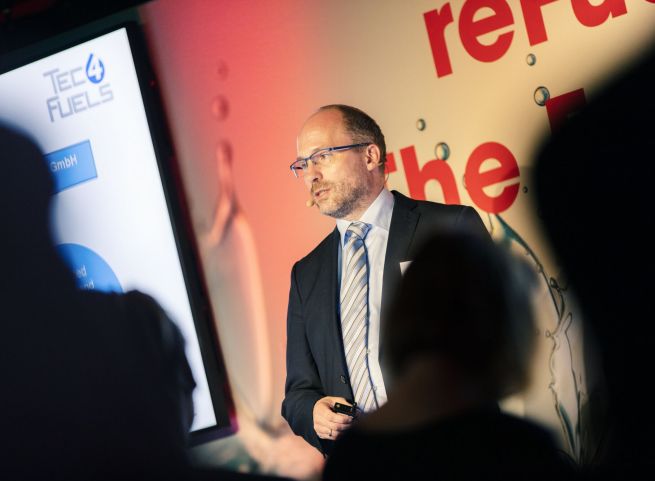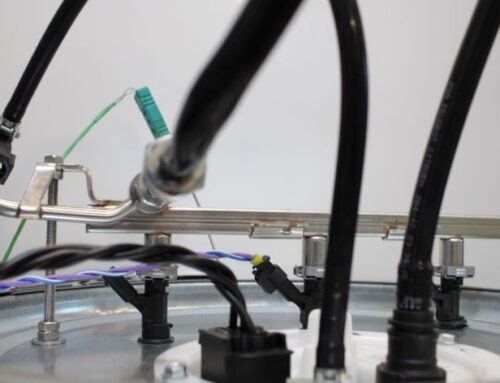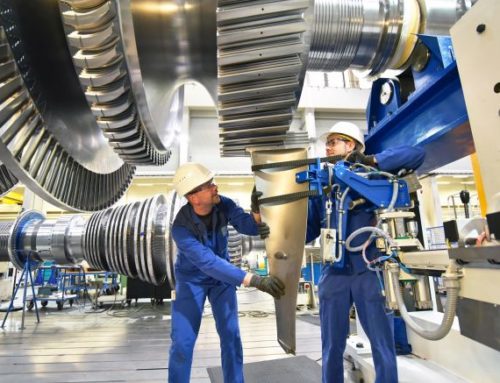07 November 2019
Oil heating systems could become more climate-friendly in the future
“Green” heating oil is possible – and thus also a more climate-friendly operation of oil heating systems. This was the central statement made by Dr. Hajo Hoffmann of TEC4FUELS GmbH during his presentation on 26 September 2019 to about 100 mineral oil dealers in Brussels. At the invitation of the Belgian association Informazout he presented the current field test activities with biogenic and synthetic fuels, which have a greenhouse gas saving potential of at least 70 % compared to conventional heating oil. Raw materials for the production of second-generation bio-based fuels are residual and waste materials from forestry and agriculture that are not suitable for food production and whose use does not lead to land use changes. In contrast, in the production of synthetic fuels, so-called “e-fuels”, renewable electricity from wind and solar energy is used to produce hydrogen by electrolysis in a first step. In a second step, the hydrogen is synthesized with CO2 from biomass residues, waste or air to form a liquid fuel.
The use of “green” heating oil will take some time, but not too long. Most production processes have been tested on a laboratory scale or in small pilot projects, but the processes and technologies for their large-scale production are still largely the subject of research. At least in Germany, intensive research is being carried out, as Hajo Hoffman has demonstrated in various current research projects. TEC4FUELS and its subsidiary OWI Oel-Waerme-Institut gGmbH are themselves involved in several research projects dealing with the production and application of climate-friendly fuels.
Greenhouse gas-reduced fuels are already available today in small quantities
However, some greenhouse gas-reduced fuels are already available today, albeit in small quantities and therefore still at comparatively high prices. They are used, for example, for field tests to investigate how the use of low-greenhouse gas heating oil can work in practice. One example of this is a current field test by the Institute Wärme und Oeltechnik in Germany. Since 2017, the heating systems of 8 to 11 single-family houses have been using a fuel based on used cooking oil that is around 80 % CO2 reduced compared to conventional heating oil. The alternative and conventional fuels are easily miscible. This is important in a transitional period as long as alternative fuels are not yet available in the required quantities. So far, no abnormalities or faults have occurred in the heating systems during the trial period.
“We assume that significant quantities of alternative, climate-friendly fuels will come onto the market in the next 5 to 10 years. As volumes increase, it is to be expected that prices will settle at a competitive level,” Hajo Hoffmann sums up.





